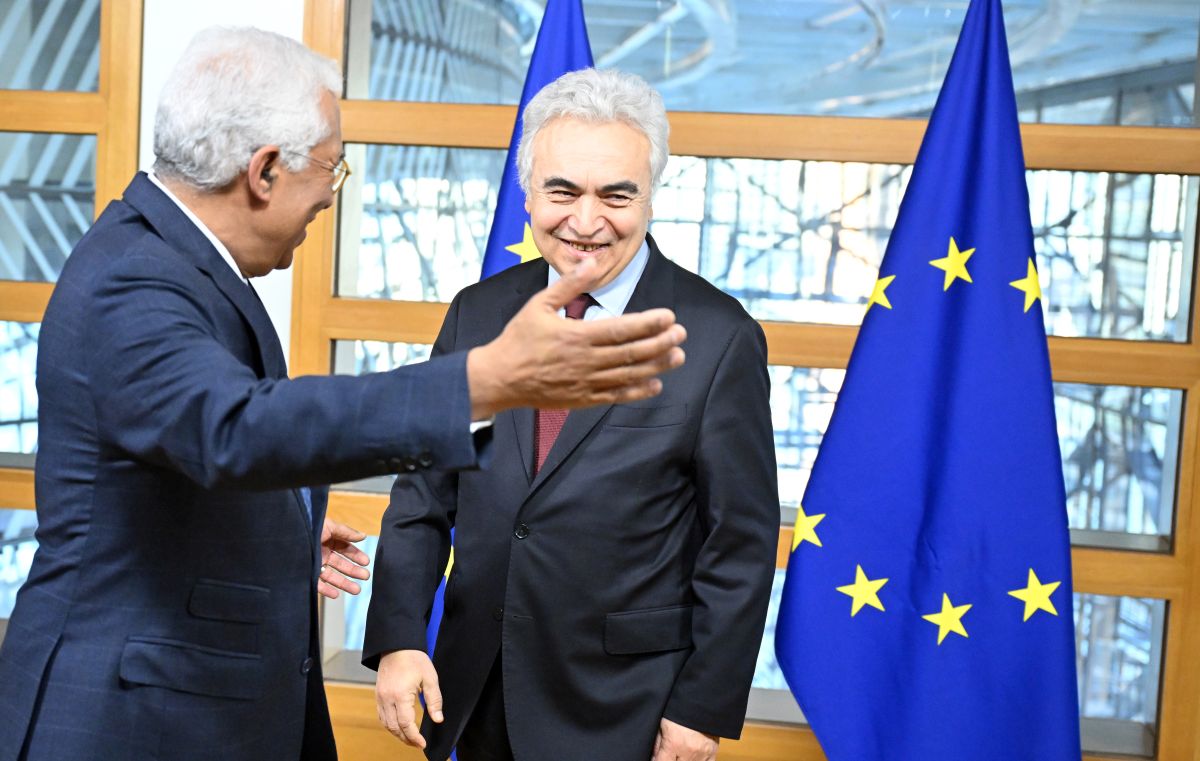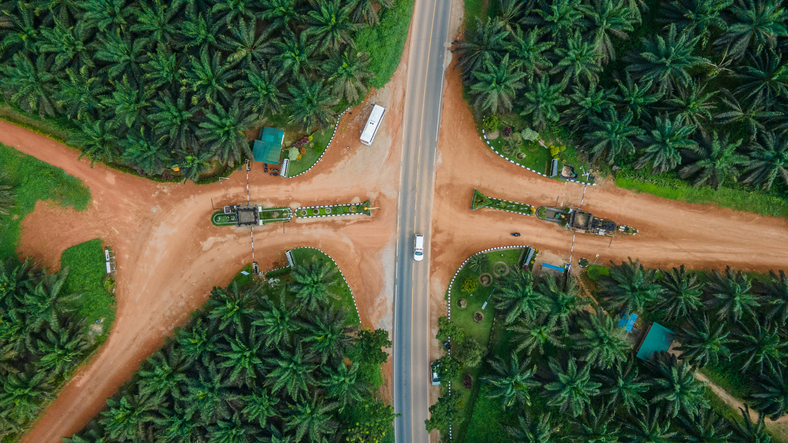Kazakhstan accelerating nuclear power plant construction, leading Central Asia's energy transition
Kazakhstan has become a regional leader in green initiatives with a carbon neutrality strategy for 2060, despite starting as the region’s largest coal polluter.

Kazakhstan will start 2025 focused on building a nuclear power plant. Kazakhstan’s President Kassym-Jomart Tokayev has requested that the process be accelerated.
Tokayev recently met with Energy Minister Almasadam Satkaliyev to discuss the ministry’s future plans, including those for the implementation of major projects in the oil, gas, and energy sectors.
During the meeting, Tokayev highlighted the importance of accelerating the construction of the nuclear power plant, approved by 71 per cent of voter in a nationwide referendum held on 6 October.
The facility is slated to be constructed close to Lake Balkhash in the southeastern part of the country. Its cost is estimated at up to $12 billion, with the government expecting contractors to secure the financing.
Despite its past as a Soviet nuclear testing site, Kazakhstan sees nuclear power as a logical choice to boost energy security within the country, particularly given the large amount of uranium possessed by the country.
Tokayev’s cabinet has promoted nuclear power as a way of phasing out coal-powered stations, on which Kazakhstan heavily relies. The entire Central Asian region is known for its coal dependence.
The coal problem
According to the Global Energy Monitor’s (GEM) report, “Boom and Bust Coal 2024: Tracking the Global Coal Plant Pipeline”, coal’s role in Central Asian electricity production has doubled over the past decade.
While Turkmenistan relies on natural gas, Kazakhstan and Kyrgyzstan are among a small group of nations globally planning new coal plants. Coal currently accounts for 45 per cent of the region’s electricity.
The report describes Kazakhstan as both a regional leader in green initiatives such as the Global Methane Pledge and a carbon neutrality strategy for 2060 and the region’s largest coal polluter.
According to GEM, expanding coal power will lead to stranded assets and impose long-term socioeconomic and environmental costs. Over 60 per cent of coal-generated electricity in 2023 came from outdated plants, posing heightened risks of pollution.
The report argues that Central Asia and mainly China’s ongoing coal expansion contradict global climate commitments, making future progress towards sustainability goals more challenging and costly.
It also emphasises the acceleration of global warming, environmental challenges, and the risks of continued coal investment, urging a shift towards renewable energy and modernised infrastructure.
Pioneering Central Asia’s energy transition
Despite challenges, Kazakhstan is widely recognised as a pioneer in Central Asia’s energy transition. As the largest economy in the region, it has made efforts to shift from its dependency on fossil fuels.
Kazakhstan has achieved regional milestones, including launching a national emissions trading system, setting renewable energy targets, and developing large-scale solar and wind projects.
The country struggles with financing innovative projects and agreements. Most of them rely on concessional lending from multilateral banks like the European Bank for Reconstruction and Development (EBRD) and the Eurasian Development Bank.
According to an article published by the Research Institute for Sustainability (RIFS) Potsdam, Kazakhstan’s renewable energy share remains low, but new incentives for decentralised generation may encourage adoption by households and businesses.
The energy workforce is gradually shifting to renewables. The country’s vast wind and solar potential, abundant land, and critical raw materials position it strategically in the global energy transition.
Harnessing these resources, the article concludes, is vital for enhancing energy security, decarbonising the economy, and attracting foreign investment, enabling Kazakhstan to adapt to global climate goals while reducing reliance on fossil fuels.
[Edited By Brian Maguire | Euractiv’s Advocacy Lab ]






